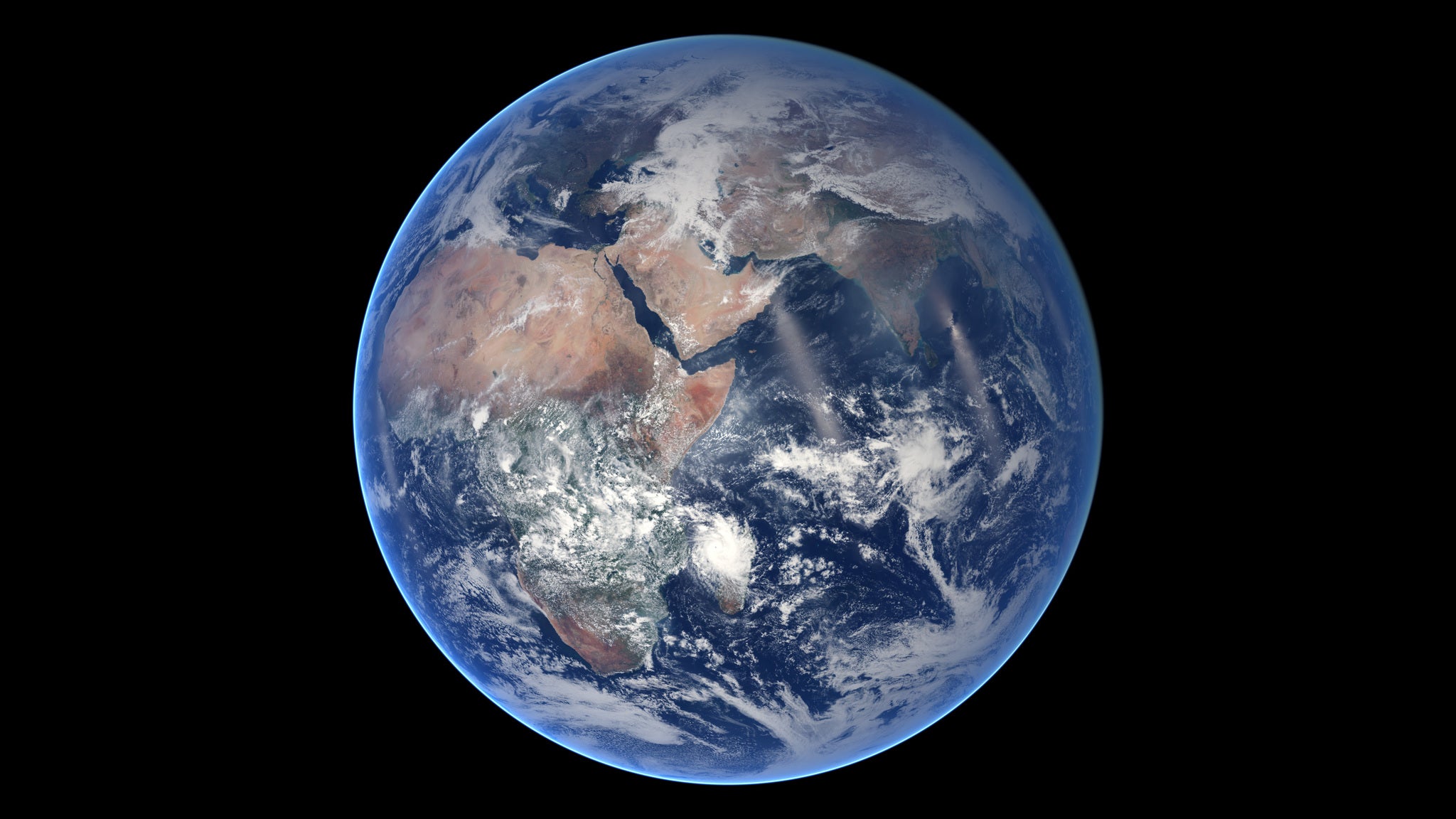The Blue Marble spins: amazing Nasa time-lapse shows planet Earth in motion
New video taken by orbiting satellite shows six months in six seconds

Your support helps us to tell the story
From reproductive rights to climate change to Big Tech, The Independent is on the ground when the story is developing. Whether it's investigating the financials of Elon Musk's pro-Trump PAC or producing our latest documentary, 'The A Word', which shines a light on the American women fighting for reproductive rights, we know how important it is to parse out the facts from the messaging.
At such a critical moment in US history, we need reporters on the ground. Your donation allows us to keep sending journalists to speak to both sides of the story.
The Independent is trusted by Americans across the entire political spectrum. And unlike many other quality news outlets, we choose not to lock Americans out of our reporting and analysis with paywalls. We believe quality journalism should be available to everyone, paid for by those who can afford it.
Your support makes all the difference.The ‘Blue Marble’ – one of the most iconic images of the Earth, taken in 1972 by the Moon-bound crew of the Apollo 17 spacecraft – may just have been trumped by a new, 6-second clip video clip that shows not only the vastness of our planet, but the complexity too.
‘Blue Marble, Eastern Hemisphere’ is the unassuming title for a new time-lapse of the Earth released by Nasa. The composite footage was taken by the Suomi NPP satellite between January 18 and July 25, and shows whirling cyclones, snow and vegetation cover scrambling across the face of the planet.
While the original ‘Blue Marble’ image (thought to be one of the most widely distributed photographs in the world) shows our planet apparently at rest, this new footage reminds us of the dynamic nature of the Earth.
“After having the privilege of flying shuttle missions and seeing Earth from the vantage point of space, I’ll never forget observing our fragile planet from above with no visible political borders, only those established by the oceans and mountains and other geography,” wrote Nasa administrator Charles Bolden about the space agency’s Earth science work.
“It’s a reminder that our planet belongs to everyone, and we each have a responsibility to help protect it. For NASA, that means making Earth science a priority investment. It’s one of the cornerstones of our work.”
Join our commenting forum
Join thought-provoking conversations, follow other Independent readers and see their replies
Comments